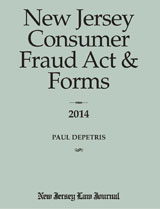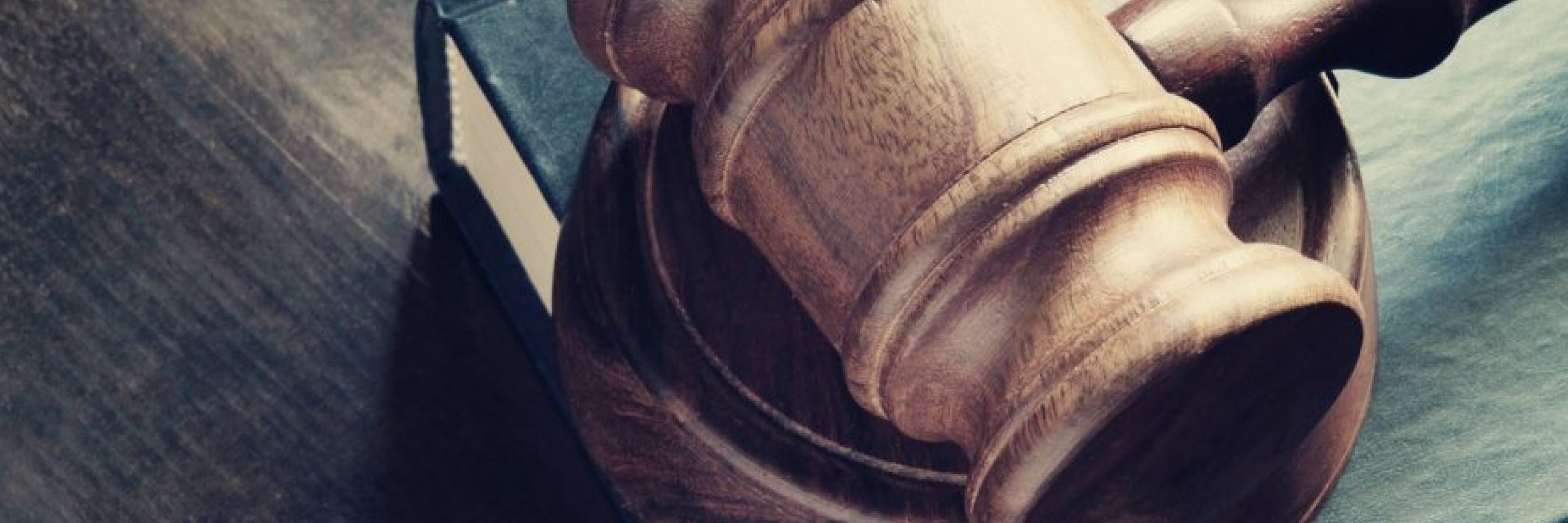 Perfect timing. Just a few weeks before Super Bowl 50, a federal appeals court has rejected a class action lawsuit filed by two disgruntled football fans against the National Football League (NFL) for allegedly violating the New Jersey Consumer Fraud Act and New Jersey Ticket Law regarding the sale of Super Bowl tickets. Finkelman v. National Football League, et al., Case No.: 15-1435 (3rd Cir., January 14, 2016).
Perfect timing. Just a few weeks before Super Bowl 50, a federal appeals court has rejected a class action lawsuit filed by two disgruntled football fans against the National Football League (NFL) for allegedly violating the New Jersey Consumer Fraud Act and New Jersey Ticket Law regarding the sale of Super Bowl tickets. Finkelman v. National Football League, et al., Case No.: 15-1435 (3rd Cir., January 14, 2016).
The case initiated in federal court by the filing of a putative class action complaint. The lead plaintiff Josh Finkelman paid $4,000 for two tickets to Super Bowl XLVIII hosted at MetLife Stadium in East Rutherford, New Jersey, “far in excess” of the $800 face value of the tickets, the complaint alleged. A second plaintiff Ben Hoch-Parker considered purchasing Super Bowl tickets, but ultimately chose not to because of the cost. Neither of them had entered into the NFL’s sponsored ticket lottery for this game.
According to their federal court complaint, every year the NFL prints “tens of thousands of Super Bowl tickets, yet it only allocates a meager one percent of these tickets for release to the general public through a lottery system, forcing all other fans into a secondary market for the tickets where they must pay substantially more than the ticket’s face value to attend one of the most popular and iconic sporting events of the year.”
The plaintiffs argued the NFL and its franchisees reap profits from these secondary market sales through lucrative contracts with secondary ticket buyers who must purchase large blocks of tickets to regular season games of a franchise team to secure a small allotment of Super Bowl tickets. The secondary market buyer then enhances their profitability by packaging their tickets into expensive deals requiring the interested fan to purchase extras, such as multi-night minimum stay hotel rooms, pre-game parties and limousine services, the plaintiffs alleged. The practice of withholding all but one percent of its tickets to the general public constitutes a violation of the New Jersey Consumer Fraud Act and the New Jersey Ticket Law (N.J.S.A. 56:8-19) that prohibits ticket scalping, said the plaintiffs.
The United States District Court for the District of New Jersey dismissed the plaintiffs’ lawsuit for failure to state a claim, concluding that the NFL’s ticket policy did not violate the Ticket Law. In addition, the District Court noted that Finkelman failed to establish causation under the New Jersey Consumer Fraud Act because he could not prove that he suffered any injury due to the NFL’s alleged misconduct. Also, the District Court held that Finkelman lacked legal standing to sue under federal law due to his failure to enter the NFL ticket lottery.
Likewise, the District Court found that Hoch-Parker did not have legal standing to sue the NFL in federal court because he had not purchased a ticket on the secondary market and thus was unable to show that he suffered any harm “beyond pure speculation or merely hypothetical.”
A three-judge panel of the Third Circuit, in its Jan. 14 opinion, affirmed the District Court’s 2015 ruling, concluding that the plaintiffs lacked constitutional standing required to sue in federal court.
“Many of us have felt the disappointment of wanting to attend a concert or athletic event only to discover that the event has sold out. When an artist or sports team is especially popular, the gap between the supply of tickets and the demand for those tickets can be enormous. Some people will be able to attend such an event; others will not,”
Third Circuit Judge Julio Fuentes reasoned. “The Super Bowl is perhaps the ultimate example of an event where demand for tickets exceeds supply.”
But the Third Circuit said the case came down to whether the plaintiffs had standing to bring the case in federal court — not a ticket law that is “rarely litigated.”
“Our inquiry is more basic. Just as the realities of supply and demand mean that not everyone who wants to attend a popular event will be able to do so, federal courts, too, are not open to everyone who might want to litigate in them,” Fuentes explained in the 39-page ruling. “Our courts are courts of limited subject matter jurisdiction, empowered by Article III of the Constitution to hear only ‘cases’ and ‘controversies.’
“Over time, those words have come to signify certain minimum requirements that are necessary to establish constitutional standing. These requirements are unyielding. Plaintiffs who are able to establish them will be able to sue in federal courts; others will not.”
“Were we to decide otherwise, anyone who purchased a Super Bowl ticket on the resale market would have standing to sue in federal court based on nothing more than conjectural assertions of causation and injury. Article III requires more,” Fuentes wrote.

 Perfect timing. Just a few weeks before Super Bowl 50, a federal appeals court has rejected a class action lawsuit filed by two disgruntled football fans against the National Football League (NFL) for allegedly violating the New Jersey Consumer Fraud Act and New Jersey Ticket Law regarding the sale of Super Bowl tickets.
Perfect timing. Just a few weeks before Super Bowl 50, a federal appeals court has rejected a class action lawsuit filed by two disgruntled football fans against the National Football League (NFL) for allegedly violating the New Jersey Consumer Fraud Act and New Jersey Ticket Law regarding the sale of Super Bowl tickets. 